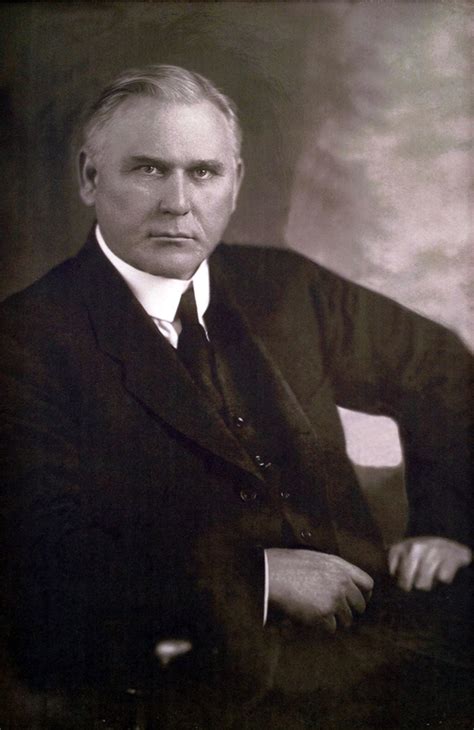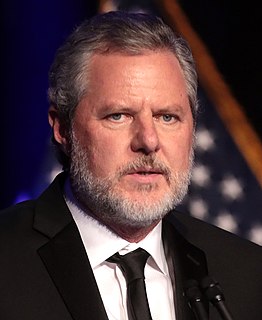A Quote by Stanislaw Jerzy Lec
Render unto Caesar the things that are Caesar's; and unto God the things that are God's; and unto human beings, what?
Quote Topics
Related Quotes
That utterance of Jesus, "Render therefore unto Caesar the things which are Caesar's, and unto God the things that are God's," is one of the most revolutionary and history-making utterances that ever fell from those lips divine. That utterance, once and for all, marked the divorcement of church and state. It marked a new era for the creeds and deeds of men.
Satanism advocates practicing a modified form of the Golden Rule. Our interpretation of this rule is: "Do unto others as they do unto you"; because if you "Do unto others as you would have them do unto you," and they, in turn, treat you badly, it goes against human nature to continue to treat them with consideration. You should do unto others as you would have them do unto you, but if your courtesy is not returned, they should be treated with the wrath they deserve.
I definitely consider myself a Christian. There's things that I believe in, there's things I have a self-belief on. I know I got a great relationship with God and the universe. I just believe in being a righteous person and karma. Doing unto others as you would have done unto you. I really want to help teach that.
As a good Christian should consider every place as holy, because God is there, so he should look upon every part of his life as a matter of holiness, because it is offered unto God. The profession of a clergyman is a holy profession, because it is a ministration in holy things, an attendance at the alter. But worldly business is to be made holy unto the Lord, by being done as a service unto Him, and in conformity to His Divine will.







































